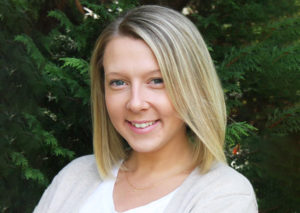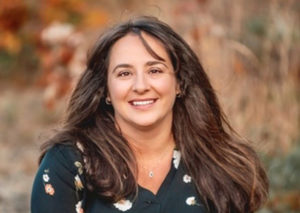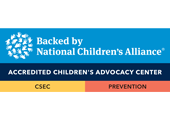The Frontline of Recognizing Abuse: Teachers
October 19th, 2021
The role of teachers in the lives of our children cannot be understated. We entrust teachers with the wellbeing of our children’s growth and development, and their understanding of social norms and how the world works around us. There are many roles that teachers fill which go beyond their regular scope of work. One of the most important and often overlooked roles of teachers is that of a mandated reporter.
In Massachusetts, when mandated reporters, while working in their professional capacity, have a reasonable belief to suspect abuse or neglect to a child under the age of 18, they must immediately make an oral report to the state’s child protection agency, the Department of Children and Families (DCF), followed by a written report within 48 hours of making the oral report (this is called a 51A report.). DCF then screens the cases and determines if an investigation is warranted. Even if a case isn’t found to be in the scope of work for DCF, it is then forwarded on to the District Attorney’s Office, where it is again screened, and if it is determined that a crime has been committed, an investigation is opened by law enforcement. Most of our referrals come from DCF or law enforcement, and many of those come from a mandated report.
we have had a surge of referrals for cases involving commercial sexual exploitation of children by more than 86% over the previous fiscal year.”
In the early surge of COVID-19 we saw a massive drop off in referrals to Children’s Cove for investigative forensic interviews. It impacted our numbers for the entire year in a way we have never seen. Looking at the DCF Annual Report for 2020, the data shows the decrease was not specific to us. Between March and May of 2020, DCF had a reduction of reports by more than 47%. DCF also retained a lower case count than the previous two years, lowering the numbers by 12%. Additionally, per the report, with mandated reporters such as schoolteachers making up nearly 80% of all reports, “the data shows that the closure of schools accounted for much of the decline. Once school ended, the number of 51As were comparable to what the Department historically receives during the summer and school vacations.”
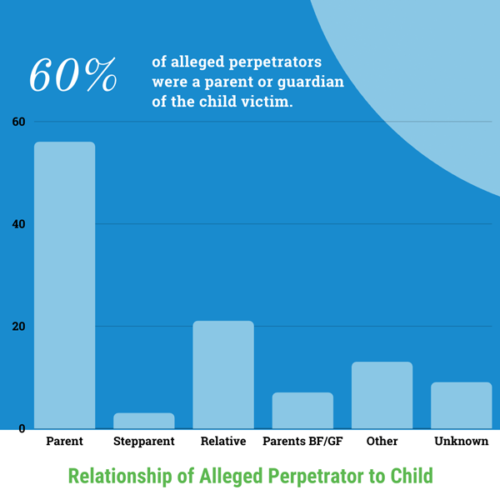
Following the summer of 2020, and the opening of schools in a hybrid fashion, DCF has seen the number of reports go back up. Children’s Cove has also had an increase in our referrals and a significantly higher number of cases than last year. Our referrals have increased by 44% and there has been a 54% increase in forensic interviews. Additionally, we have had a surge of referrals for cases involving commercial sexual exploitation of children by more than 86% over the previous fiscal year.
Teachers are the mandated reporters who children spend most of their time with. Teachers fill a critical role in the early recognition and reporting of suspected abuse. They are trusted confidants who children turn to for help, whether something is something is happening at home or elsewhere. With more than 60% of alleged offenders in cases last year being parents or caretakers, we know that a teacher or school staff member is often the trusted adult children will go to first.
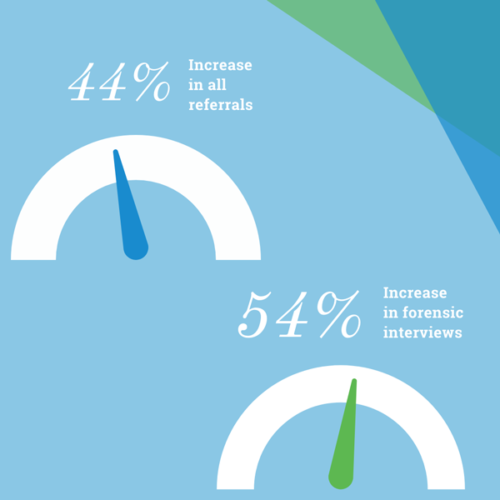
Children’s Cove provides education, training, and professional development for any child-facing organization across the Cape and Islands at no-cost. Training for the recognition of signs and symptoms of abuse is something rarely provided for the staff at many of these organizations. With our evidence-based curriculum utilized statewide in collaboration with the Massachusetts Children’s Alliance, we can work together to stem the tide of child sexual abuse by equipping teachers with the tools they need to effectively recognize and respond to those signs of abuse and minimize the trauma to children which follows a disclosure.
Teachers are on the frontline of recognizing abuse, and Children’s Cove is here to provide support to one of their most critical roles.


